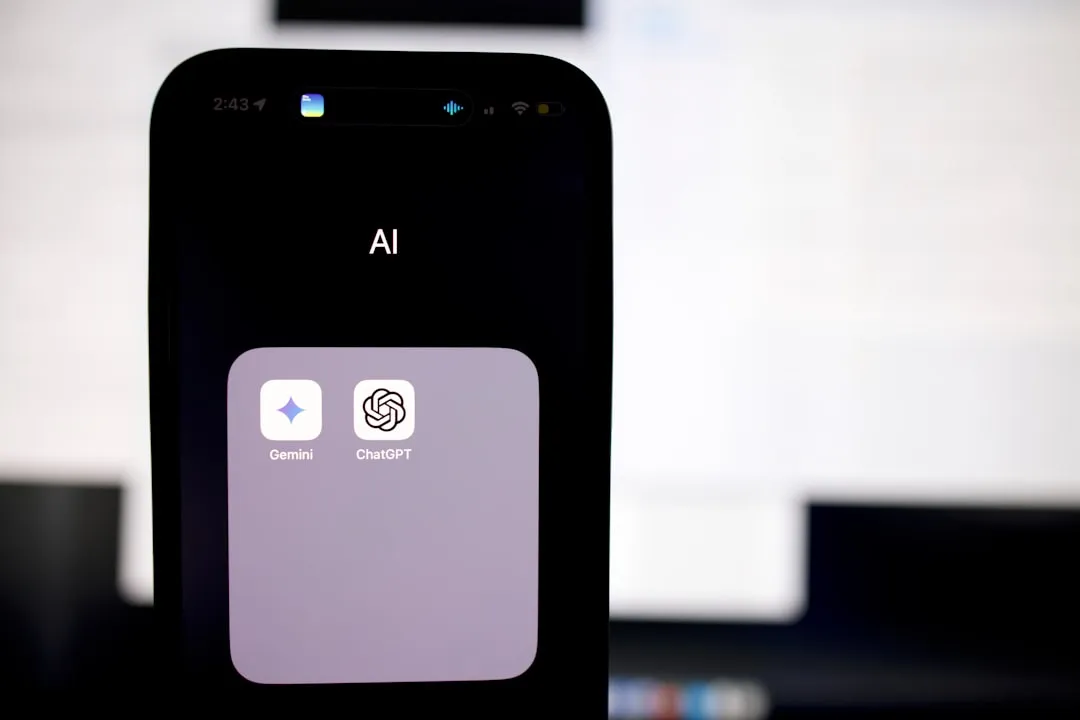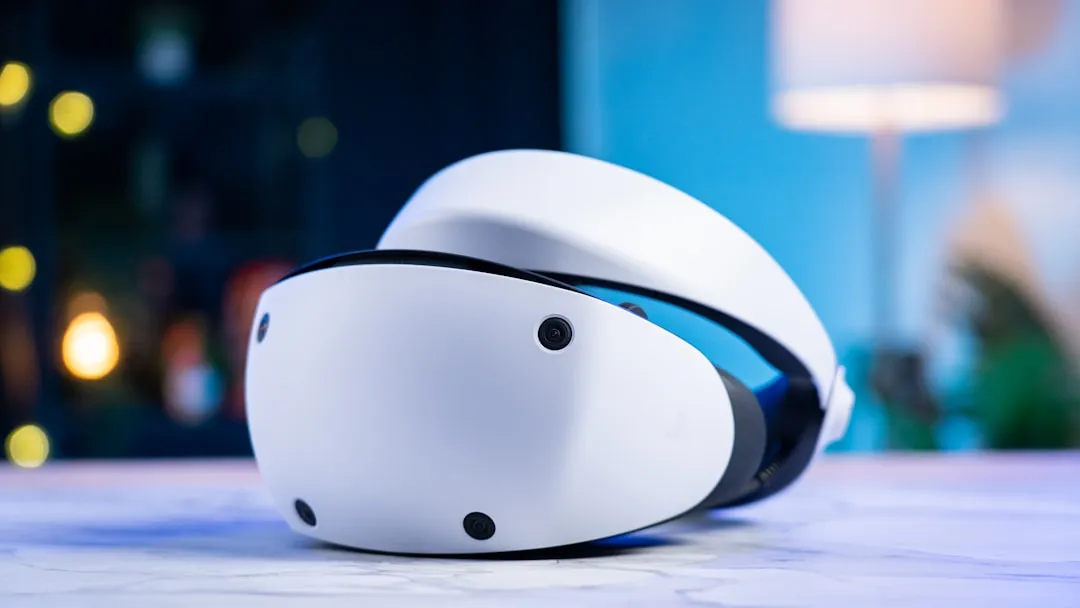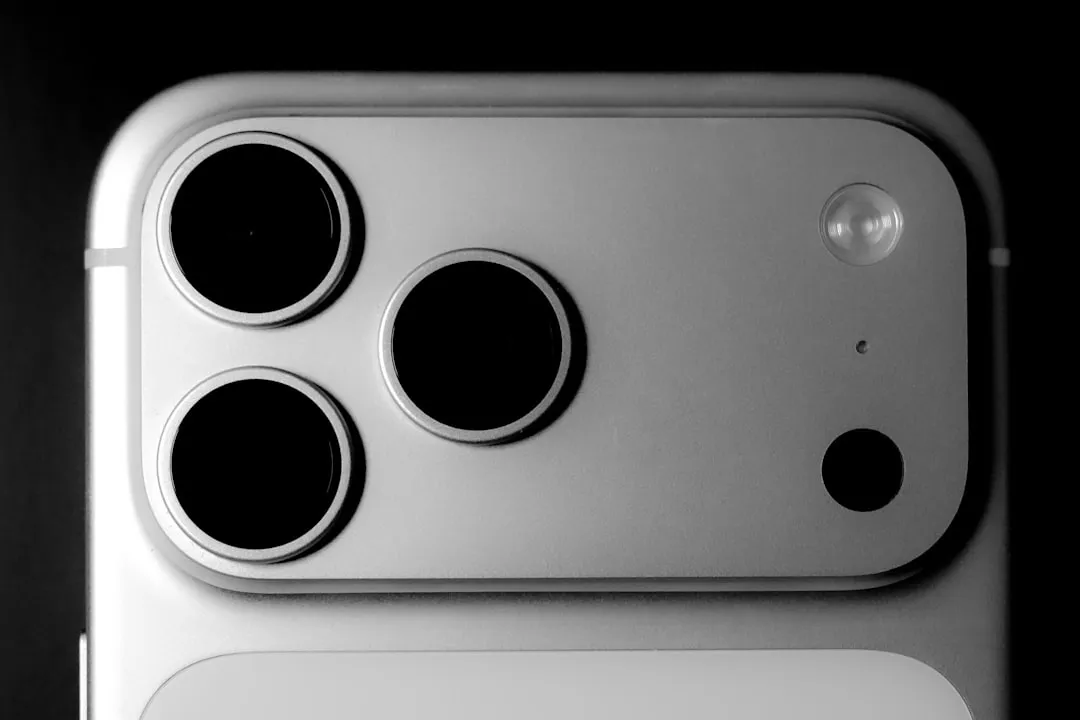Google's AI investment arm, Gradient Ventures, has joined a $10.5 million round of funding for Ubiquity6 and its platform for shared augmented reality experiences, just weeks after Google's GV fund backed a competing AR cloud platform.
The round was led by Index Ventures, with First Round Capital, Kleiner Perkins, LDVP, A+E ,and WndrCo also participating.

Developers can use Ubiquity6 to create multi-player games, like this basketball demo.

Ubiquity6 apps can present content that intelligently interacts with its environment.

Developers can use Ubiquity6 to create multi-player games, like this basketball demo.

Ubiquity6 apps can present content that intelligently interacts with its environment.
Ubiquity6 is among a recent crop of tools, such as fellow Google investment Blue Vision, Niantic acquisition Escher Reality, Mapbox's AR toolkit, and startup 6D.ai that have emerged as players in the race to enable multi-user AR experiences.
Leveraging computer vision and the sensors embedded on the common smartphone, the Ubiquity6 platform gives apps the capability to map and understand environments and anchor persistent content that interacts intelligently with its environment. Developers will be able to use these aspects to help facilitate multiplayer AR gaming and social sharing experiences.
"We've been hard at work over the last year building a new kind of camera that doesn't let you just capture the world…but a camera that lets you edit reality together with the people you care about, in physical spaces that matter to you," said Anjney Midha, co-founder and CEO of Ubiquity6 in a blog post announcing the investment.
Early access to Ubiquity6's platform for iOS, Android, and VR is available through the company's website.
Between outside investments and its own services, Google has been amassing a diverse ecosystem for augmented reality development. And the Ubiquity6 investment represents a double-dip for multi-user AR tools. On March 15, GV led a $14.5 million Series A round of funding for Blue Cloud, an AR cloud startup that intends to facilitate similar shared experiences. We shouldn't forget that Google is also one of the backers of Magic Leap, which is also courting developers for its operating system.
The search giant also offers Poly for 3D content, ARCore for mobile AR apps, and the Google Maps API for location-based AR games. Of course, there's also Google Glass on the enterprise end.
So clearly, Google is betting heavily that this whole AR thing is going to take off.
- Follow Next Reality on Facebook, Twitter, Instagram, YouTube, and Flipboard
- Sign up for our new Next Reality newsletter
- Follow WonderHowTo on Facebook, Twitter, Pinterest, and Flipboard
Cover image via Ubiquity6/Medium

























Comments
Be the first, drop a comment!